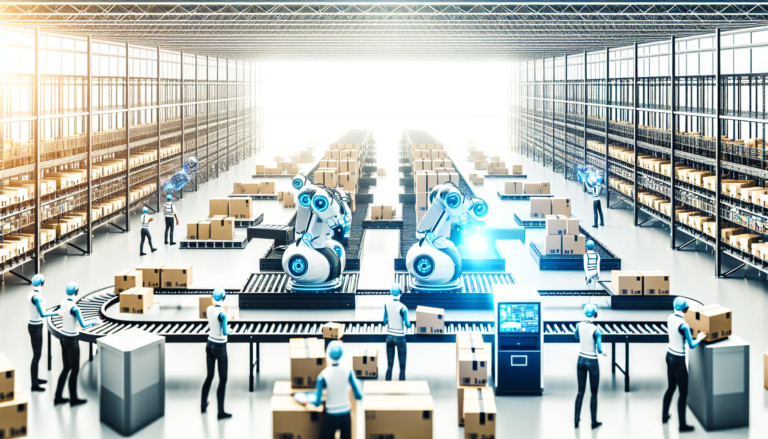Evolution of ERP Systems in E-commerce: Riding the wave of automation and real-time processing
Succeeding in the rapid-moving e-commerce industry is not a walk in the park. Maintaining control over numerous sales channels, inventory status, order fulfillment, and overall supply chain can undoubtedly cause a headache to e-commerce businesses. This is where advanced ERP systems step in, providing effective automation, processing real-time data, and streamlining operations while allowing businesses to focus on growth and customer satisfaction.
The Importance of Modern ERP Systems in E-commerce
As e-commerce businesses evolve in an increasingly multi-channel environment, efficiently managing orders and inventory has become crucial. Traditional ERP systems may not be up to the mark to meet these needs. Modern ERP systems like Kentro allow multi-channel order management, real-time inventory tracking, and much more, proving to be the lifeline of modern e-commerce businesses.
The Automation Revolution
The rise of software automation has streamlined operations in several industries, and e-commerce is no exception. A key feature of a modern ERP system is the ability to automate tasks that were once performed manually – saving businesses time and reducing the risk of human error. A modern ERP system like Kentro provides solutions such as supply chain automation and accounting automation, thereby improving overall business efficiency.
Indispensable Benefits of Real-time Processing
Law latency and real-time processing have emerged as significant game-changers in e-commerce. ERP systems capable of real-time inventory tracking and managing multi-channel orders in real time give businesses insights to make quick decisions and keep up-to-date with high-speed commerce.
Wholesale E-commerce with ERP systems
Modern ERP systems also help businesses stay on top of the B2B e-commerce game. For wholesale businesses, an ERP system with a built-in B2B online store for wholesale self-checkouts, is an absolute win. Kentro extends this feature, making it flexible and cost-effective for wholesalers to manage their e-commerce successfully.
Warehouse Management: The Backbone of E-commerce
One more pillar that holds together the structure of efficient e-commerce operations is warehouse management. Precise warehousing reduces delivery times, improves customer satisfaction, and reduces overall supply chain costs. An advanced ERP system skillfully manages warehouse operations, with features that optimize storage space, streamline picking and packing procedures, and manage shipping effectively.
Tackling the Unpredictable with Forecasting
A vital aspect of inventory management and supply chain optimization in the e-commerce industry is forecasting and demand planning. Given the unpredictable patterns of consumer behavior, especially post-pandemic, ERP systems have stepped up their game offering algorithms that analyze market trends to forecast future demand.
In conclusion, modern ERP systems like Kentro have redefined efficiency in e-commerce, automating tedious tasks, providing real-time analysis, and streamlining operations across all channels. The future of e-commerce lies in embracing such robust technological tools, driving growth, and improving customer experience. The momentum of e-commerce is unstoppable, and with ERP systems in place, businesses can confidently steer towards success.


